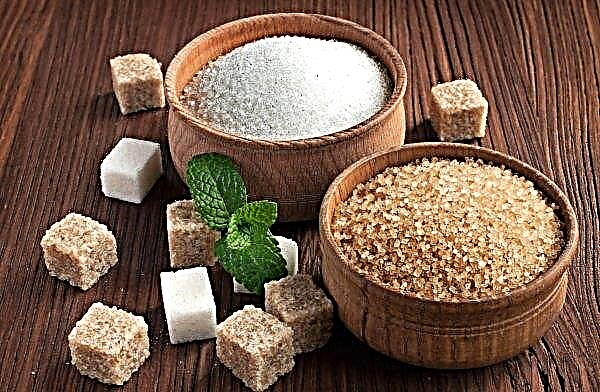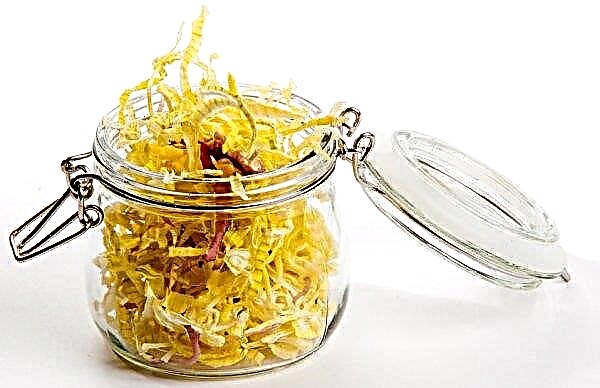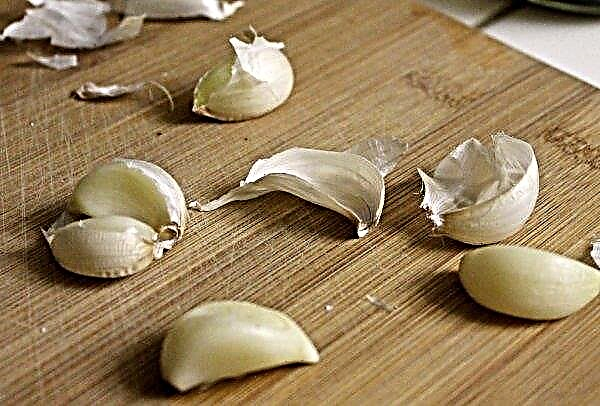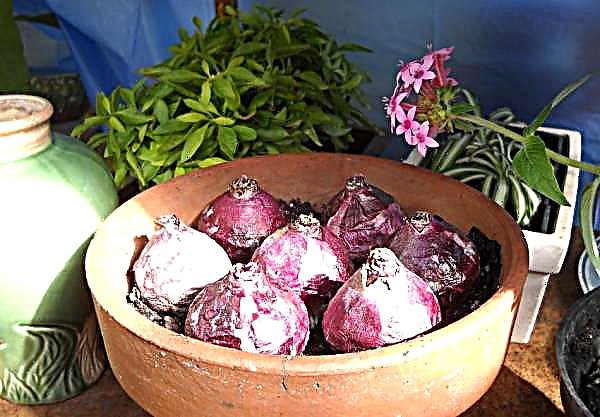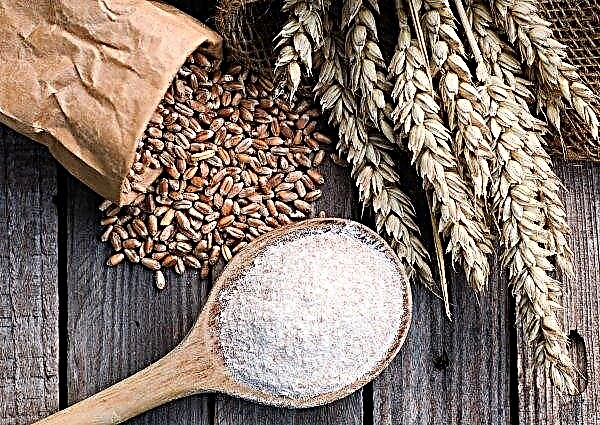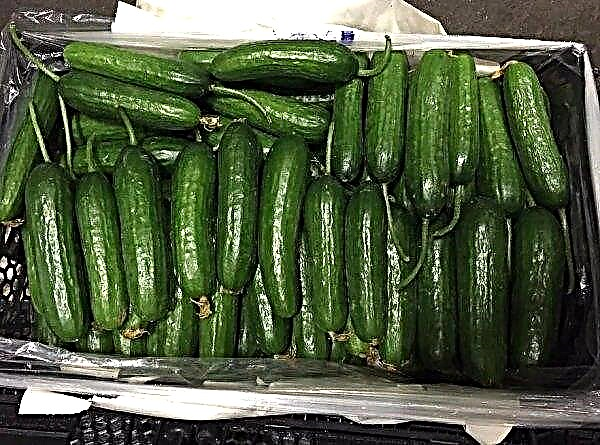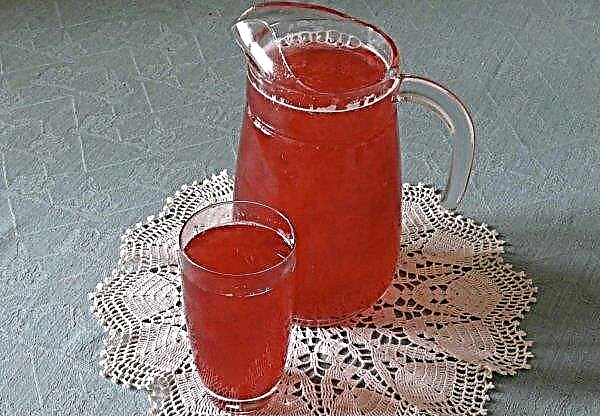Souring and salting are considered the most traditional methods of harvesting fruits, which allow not only to preserve vegetables for several months, but also to give them new taste and characteristics. The article details the features of sauerkraut and salted cabbage, as well as their main differences.
Salty and sauerkraut: the main differences
Salty and pickled cabbages are more often associated with winter cold. Such dishes are prepared since autumn and for the future, which makes it possible to enjoy a vegetable in the off-season. For most, sauerkraut and salted cabbage are one and the same dish, they are similar in taste characteristics, and with further processing can be used for identical dishes. But, in fact, there are cardinal differences between them.
In case of salting, vegetables are exposed to high concentrations of sodium chloride (edible salt). This substance is one of the safest and most common preservatives in cooking. When choosing the optimal concentration, the salt solutions are subjected to saturation with a mineral of cabbage tissue, which leads to the appearance of a characteristic structure and taste of the vegetable.
Did you know? Sauerkraut is one of the most multinational products. This dish is part of the traditional cuisine of countries such as Ukraine, Germany, Poland, Czech Republic, Bulgaria and Russia.
Souring is an older way of processing vegetables. It arose even before the introduction of salt into the daily diet of humans and is quite popular to this day. During pickling, vegetables are exposed to specific microorganisms - sour-milk bacteria. Under anaerobic conditions, with their rapid development, a splitting of part of the organic substances of vegetables (mainly carbohydrates) is observed. As a result, the fetus is exposed to a variety of organic compounds (by-products of fermentation), which leads to the appearance of special qualities of the dish.
In addition, the main difference between sauerkraut and salted cabbage is that pickling is a less effective way of processing fruits. After some time, the yeast leads to a gradual destruction of the tissues of the vegetable, and the fragrant product becomes unusable.
 Unlike salted, pickled is more beneficial for the body. During fermentation, it is saturated with valuable organic compounds that are especially important for the body in winter
Unlike salted, pickled is more beneficial for the body. During fermentation, it is saturated with valuable organic compounds that are especially important for the body in winter
Why are salting and fermentation needed?
Salting and pickling has been known to man since ancient times, these methods of culinary processing of vegetables have arisen for a long time. Their main task is to save cabbage for a long time. This made it possible not only to diversify the winter diet, but also to avoid a deficiency of vitamins and other organic compounds in the cold season.
During salting and pickling, the vegetable is exposed to specific substances, the so-called preservatives of natural origin. They have bactericidal properties, which creates a favorable environment for the suppression of putrefactive fungi and other pathogenic bacteria. In addition, preservation in a natural way contributes to the accumulation of by-products of organic products in the tissues of cabbage, which gives the unsaturated pulp new, brighter flavor notes.
Did you know? The most exotic cabbage in the world is the Romanesco variety. The plant is a colored variety of vegetables, with inflorescences twisted into a regular logarithmic spiral.
The benefits of salted and sauerkraut
Salted and pickled cabbage is a real storehouse of nutrients. Due to this, the products have valuable pharmacological properties that can improve the condition of the body in pathologies. With moderate use, this makes it possible to use the vegetable as one of the best prophylactic against many diseases.
Useful properties of cabbage:
- Saline
- contributes to the normalization of metabolic processes;
- improves the state of immunity and the body's resistance against SARS;
- makes it possible to strengthen the heart muscle;
- protects the excretory system from calculus formation;
- favorably affects the fibers of the nervous tissue;
- struggling with a deficiency of vitamins and minerals.
- Pickled
- improves skin condition;
- normalizes the functioning of the organs of vision and digestion;
- eliminates inflammatory processes in the body;
- strengthens the bone, immune and cardiovascular systems;
- increases blood circulation;
- lowers blood cholesterol;
- possesses anti-oncological effect;
- struggles with vitamin deficiencies;
- helps to increase testosterone in the blood (in men);
- optimizes vitality.
Fields of application
In most cases, the product is used in salted or pickled form as a side dish or as a complement to salads. It is also used to make a filling for pies, used in boiled or stewed form, as a dressing for first courses or stew ingredients. Stewed and boiled meat dishes gained popularity.

Sauerkraut is widely used in folk medicine. The pulp of the vegetable is used as the basis for the preparation of medicines that protect the body against: helminths, bronchial asthma and gallstone disease. Brine is actively used to combat diabetes, gastric ulcer and duodenal ulcer. In addition, the vegetable helps to improve the condition of the body with intoxication caused by alcohol poisoning, as well as with toxicosis in pregnant women.
Important! Cabbage, whole or halved, contains more nutrients than chopped cabbage, so the fruit is not recommended to be chopped finely for the preparation of medicines.
Often made from pickled vegetables and cosmetics. Brine, juice and pulp are rich in vitamins and minerals, which make it possible to rejuvenate the skin, remove excess fat and cleanse the pores. Also, homemade heads of cabbage helps to improve skin color, as well as get rid of age spots.
Who should not be consumed?
Despite the universal benefits to the body, pickled and salted vegetables can harm the body. Due to the fact that they are a saturated complex of nutrients, for some pathologies of the body, their uncontrolled use is contraindicated.

Salted cabbage is prohibited for pathologies associated with a violation of blood pressure, or other diseases that preclude the use of excessive amounts of edible salt. These include diabetes mellitus, renal failure, osteoporosis and osteochondrosis.
Also, the product should be abandoned and patients with peptic ulcer, as well as gastritis. An increased acid content can cause the development of serious pathological changes in tissues due to exacerbation of diseases. In addition, this feature of the product excludes its use in case of erosion of tooth enamel, as well as a wedge-shaped tooth defect.
Important! During pregnancy, women are forbidden to consume excessive amounts of salt, so it is recommended to rinse salted cabbage thoroughly.
Sauerkraut is not recommended for pathologies of the pancreas, renal failure, calculi in the gall bladder, as well as in case of increased acidity of the stomach. This is due to the fact that it has a high content of organic acids, harmful with these types of health problems. Also, the product is contraindicated in hypertension, as high salt levels can trigger high blood pressure.

Souring and salting of vegetables have been used in cooking for a long time, because they make it possible to prepare a rich and aromatic dish from a simple vegetable that can give the body a lot of important and healing substances. Salt and sauerkraut should be consumed sparingly, they have high acidity, which with a number of diseases can negatively affect the state of health.



